The main cause of pink eye in Ho Chi Minh City is the coxsackie virus variant A24, which is more contagious and can easily cause outbreaks, often causing hemorrhagic conjunctivitis.
Gene sequencing results of conjunctivitis (pink eye) specimens in Ho Chi Minh City identified coxsackie virus A24 in 86% of the samples, human adenovirus 54 in 11%, and human adenovirus 37 in 3%. Of these, coxsackie A24 is a variant of the enterovirus group.
Dr. Nguyen Van Vinh Chau, Deputy Director of the Ho Chi Minh City Department of Health , said that these viruses differ in their level of transmission, but there is no evidence to confirm the difference in severity of the disease. In particular, enteroviruses are often more contagious, causing many major epidemics in the world.
Coxsackie A24 and EV70 (both enteroviruses) commonly cause hemorrhagic conjunctivitis (AHC), which is the main manifestation of the current outbreak of pink eye in Ho Chi Minh City. These two agents caused the first outbreak of hemorrhagic conjunctivitis reported in 1969 in Ghana. Since then, many outbreaks of hemorrhagic conjunctivitis have been recorded in many places around the world .
In Asia, coxsackie A24 was first recorded in Singapore in 1970, then appeared in epidemics in other countries, and was the main agent causing hemorrhagic conjunctivitis in Okinawa, Japan in 2011. In 2014, the enterovirus group caused hemorrhagic conjunctivitis in Thailand with more than 300,000 cases of infection within 3 months.
Dr. Nguyen Minh Tien, Deputy Director of the City Children's Hospital, said that coxsackie A24 is highly contagious and causes epidemics, while other agents often cause sporadic cases of pink eye. Studies have shown that RNA viruses like coxsackie A24 are more contagious than DNA viruses like adenovirus - which are also common causes of pink eye.
"Hemorrhagic conjunctivitis is not more dangerous, but it causes more red eyes, can secrete pink fluid, making the patient more worried and uncomfortable. The disease is mostly benign and can heal on its own," the doctor said. Coxsackie A24 can still cause severe conjunctivitis, but it is usually acute, a very few cases can cause corneal edema, while adenovirus can cause chronic keratitis, leading to blindness.
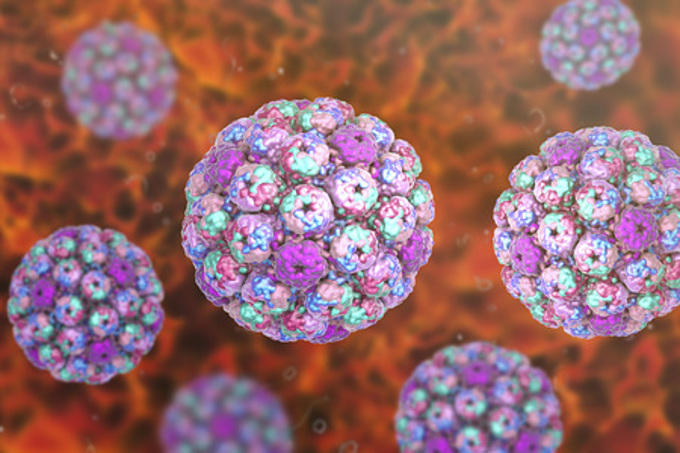
Coxsackie virus A24. Photo: 123rf
Pink eye disease is spreading in many localities across the country. In recent days, Ho Chi Minh City has recorded nearly 4,000 people with pink eye every day, and hospitals in Hanoi , Da Nang, Can Tho, Binh Phuoc... have also received many times more patients for examination.
Pink eye is mainly transmitted through direct contact with secretions from the eyes, nose, and mouth, such as sharing personal items with a sick person, through towels, clothes, water in swimming pools, through the hands of a sick person with a person who is not sick, rubbing hands on the eyes... Common symptoms include red eyes due to conjunctival congestion, gritty eyes like sand, stimulating tearing, eyes with a lot of discharge, difficulty opening eyes when waking up...
People with pink eye can use saline (0.9% sodium chloride) or distilled water to wash their eyes. Eye drops containing antibiotics will be prescribed by the doctor when the patient shows signs of suspected bacterial infection (pain, decreased vision, photophobia, etc.), to prevent infection after removing the pseudomembrane. Absolutely do not use eye drops containing corticosteroids on your own, because not only are they ineffective, but they can also cause more damage, prolong the duration and spread of the disease, and increase the risk of infection.
Cold compresses can help reduce swelling and discomfort in the eyes. Wash your hands and face regularly with mild antibacterial soap. Avoid sharing cups, bowls, and towels with others to prevent infection. Do not rub your eyes or go swimming, as this can worsen the condition.
To prevent the spread of viral conjunctivitis, wash your hands frequently with soap and clean water. Do not rub your eyes, nose, or mouth. Do not share personal items such as eye drops, towels, eyeglasses, masks, etc. Clean your eyes, nose, and throat daily with saline solution and regular eye and nose drops. After recovering from the disease, you need to disinfect your eyeglasses, wash your blankets, pillows, and towels to avoid re-infection.
Le Phuong
Source link






![[Photo] National Assembly Chairman visits Vi Thuy Commune Public Administration Service Center](https://vphoto.vietnam.vn/thumb/1200x675/vietnam/resource/IMAGE/2025/7/1/d170a5e8cb374ebcae8bf6f7047372b9)

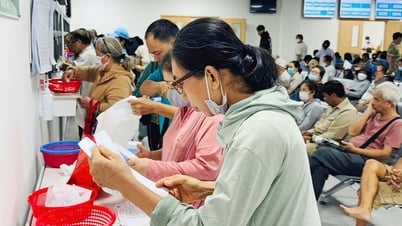

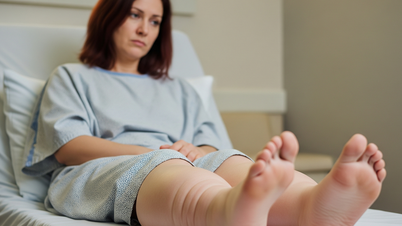


































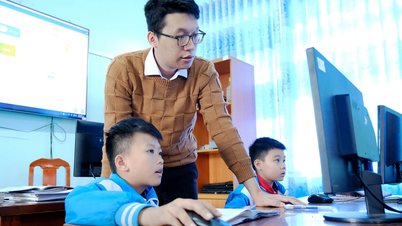









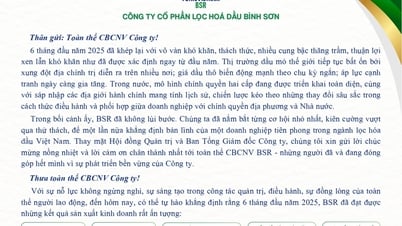











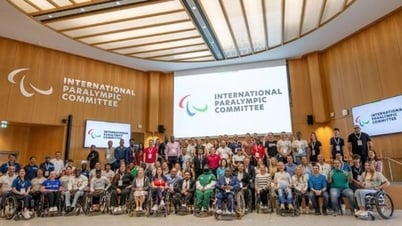


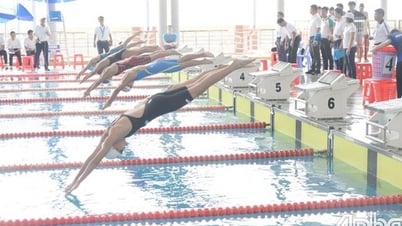








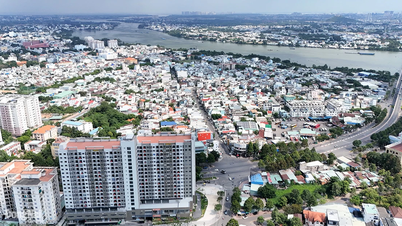

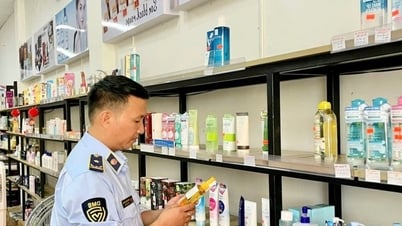



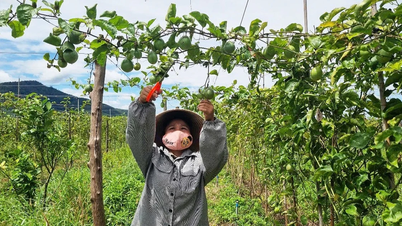










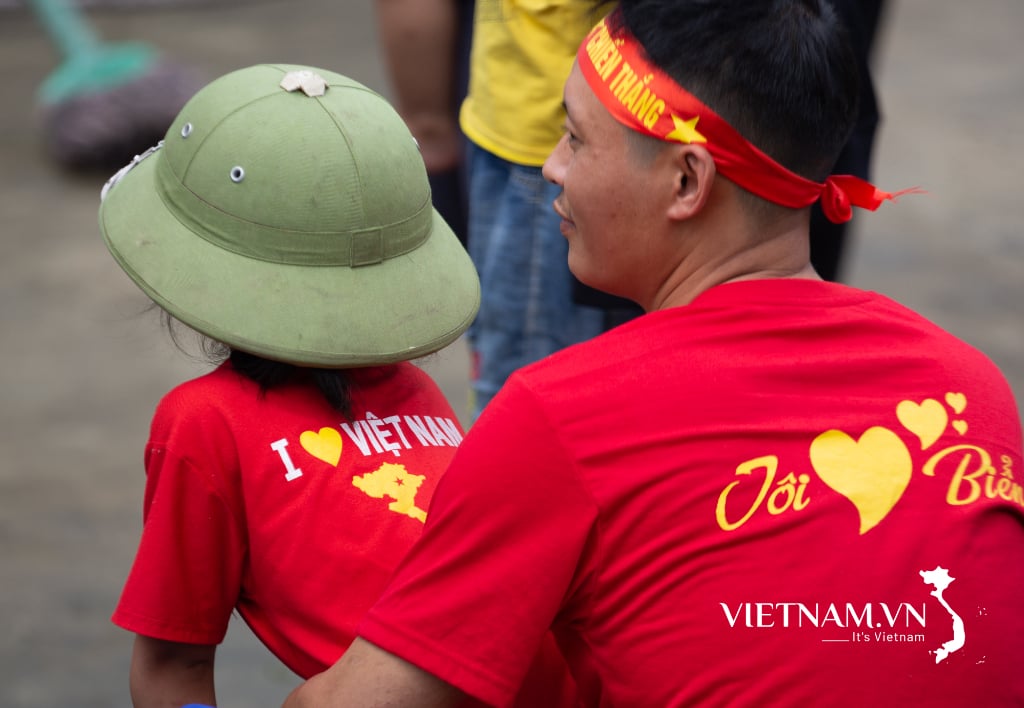

Comment (0)